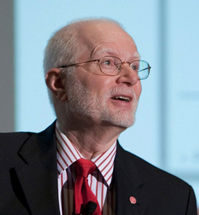Minimum wage/just wage/family wage
Pope Francis–Time Magazine’s Person of the Year–has captured the attention and the imagination of the world. His recent Apostolic Exhortation, Evangelii Gaudium (The Joy of the Gospel) has provoked much comment and no little controversy. In it, echoing his predecessors, he laments a consumerism focused on things rather than people. He mourns for the many places where humans serve the economy rather the other way around. He condemns what he calls a “throw away culture” that excludes and marginalizes the weakest and the most vulnerable of our brothers and sisters.
His words should provoke reflection–and lead to action–especially in the face of the challenges faced by low-wage workers in our economy today. …



